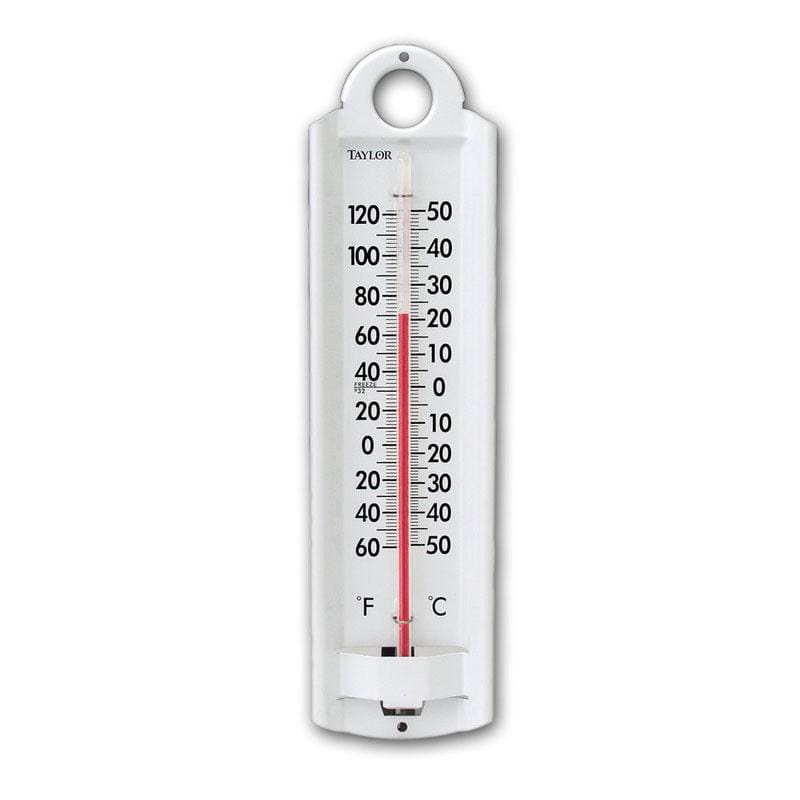This must always be worn to protect your eyes from chemicals, glass, or sharp objects.
safety goggles
What are used to protect the eyes from chemical splashes?
safety goggles.
This piece of equipment is worn over clothing to protect against chemical spills or splashes.
Lab Coat

When you notice dark clouds in the sky, this is an example of this
Observation
This type of footwear is not allowed in the lab because it leaves your feet exposed to hazards.
open-toed shoes
What is used for heating substances?
A Bunsen Burner
This tool is used to measure the temperature of substances in degrees Celsius.
Thermometer

This tool is used to protect the microscope and view samples under the microscrope.
microscope slides.
Explain/show the proper technique for smelling or sniffing chemicals.
You must take a whiff of it with your hand. Cup your hand above the container and waft the air toward your face.
A funnel!
This lab tool is used to accurately measure the volume of liquids and often has markings in milliliters.
Graduated Cylinder
This type of data involves numbers and measurements.
Quantitative Data
After completing an experiment, all chemical waste should be:
a) taken home
b) dumped in the sink
c) disposed of according to your instructor's directions.
c) disposed of according to your instructor's directions.
What is used for easy stirring, heating, and cooling liquids. doesn't spill easily.
A flask!
This piece of equipment is glass and is used to hold different amounts of liquids.
Beaker

This type of data involves using your 5 senses to make descriptions and characteristics of your surroundings.
Qualitative Data
What is a tube used to track how much time passes by?
A stopwatch!
What is a tool used to measure the mass of an object?
A triple Bean Balance
This piece of equipment is used to transfer small amounts of liquids drop by drop.
Pipette
Mrs. Thaxton heard screeching tires, a crash, and breaking glass while stopped at a red light. She assumed it was a car accident taking place. This is an example of this
An inference